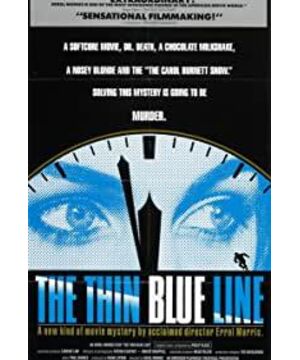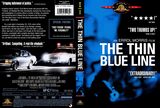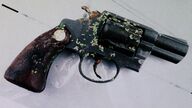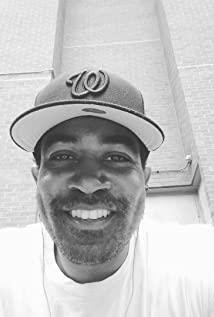As a documentary film, "Thin Blue Line" used a semi-documentary method of reproducing facts to trace an unjust case of assault on the police, and finally succeeded in recovering the truth. And his shooting method has a profound influence on then and even later generations.
In the past period of time, documentary films have strongly opposed fiction, emphasizing "capturing the reality that is happening right now", but the "reproduction" shooting technique shown in "Thin Blue Line" can be said to have broken this inherent nature to a certain extent. Concepts, based on real materials, the records and performances established on this achieve the balance of pursuit of the development of the event. For example, the scene of a simulated scene that appeared about three minutes after the film began. The blue car, rescue vehicle, and police car were naturally not shot on the spot, but the director deliberately looked for objects that were very similar to the people and things in the incident. The shooting and blurring of the side shots also tells the audience that this is only a performance to show the scene of the incident, but it creates a very realistic “scene” of the incident.
In addition, the lens of this film is very close to the shooting distance of the characters. It is not only a physical close-up lens, but also on a black background. The bright optical fiber is concentrated on the character to emphasize and perform a kind of attention. Close, at the psychological level, it also reveals the secret inner world of each character little by little, where the contradictions between the characters and the events themselves are gradually revealed, and the most complete record of the truth is recorded.
View more about The Thin Blue Line reviews










